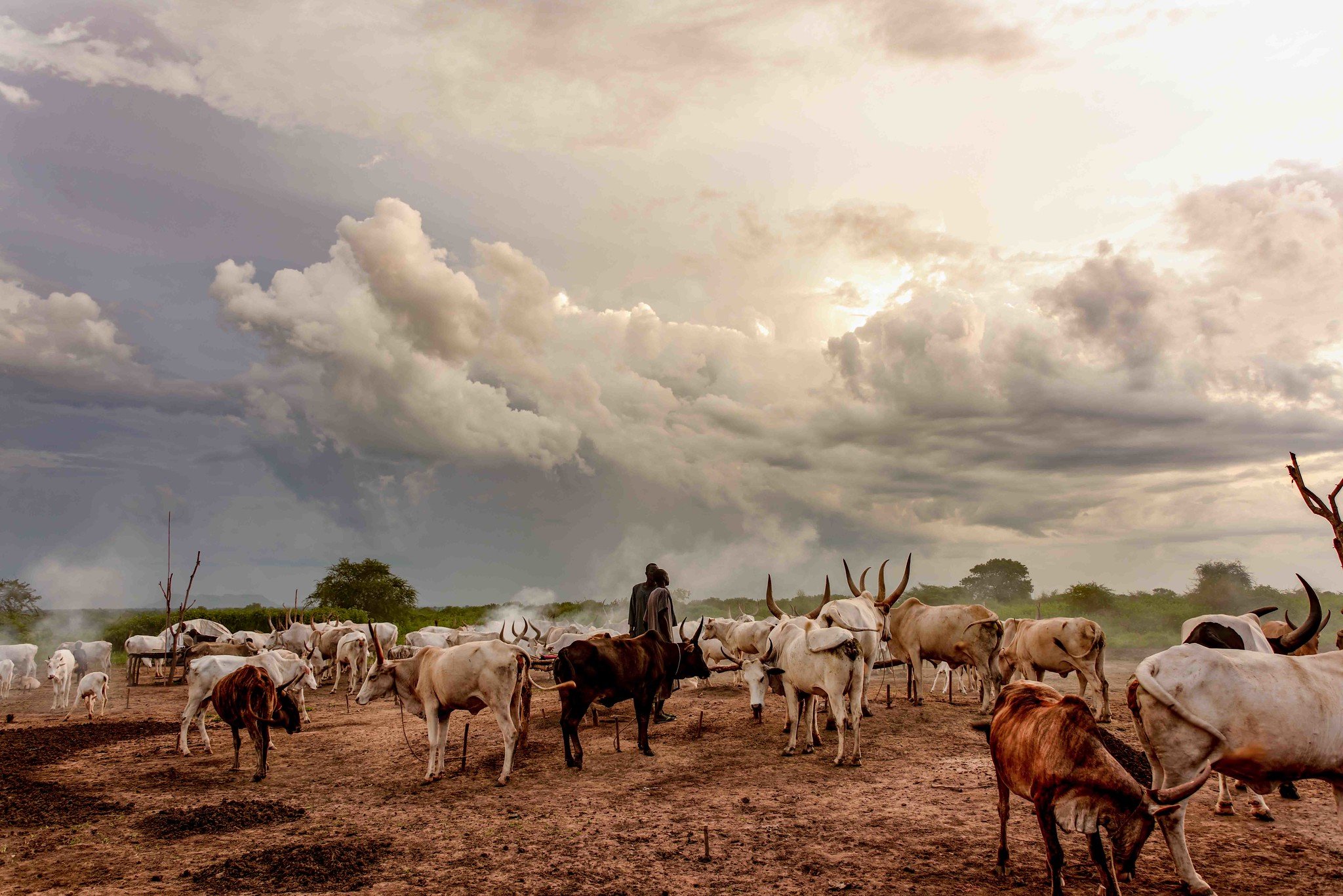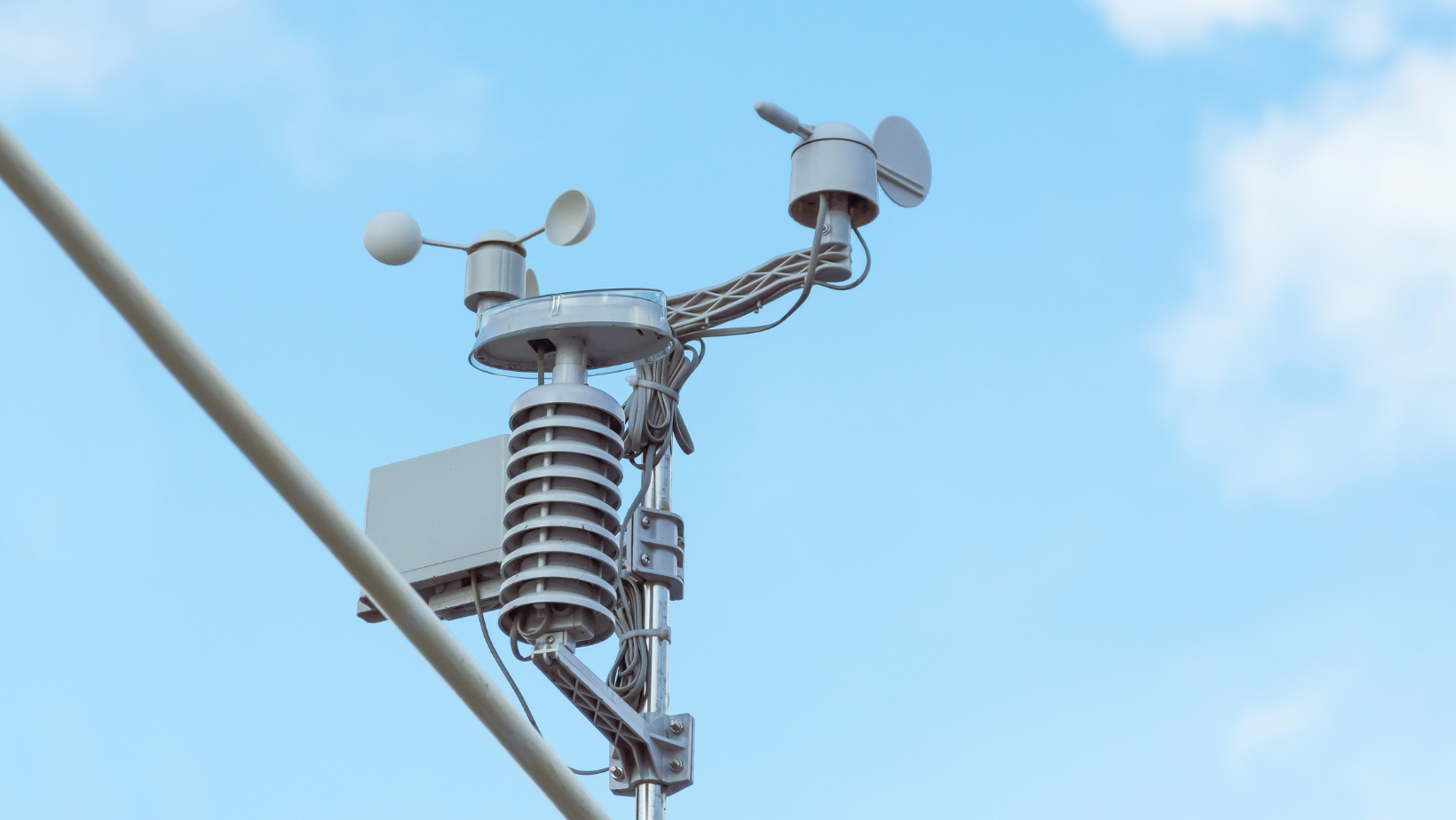Systematic Observations Financing Facility: GBON Gap Analysis
Enhancing South Sudan's weather observation network, meeting global standards for accurate forecasting.
Systematic Observations Financing Facility: GBON Gap Analysis
The Systematic Observations Financing Facility (SOFF) project in South Sudan, as outlined by the South Sudan Meteorological Services (SSMS), represents a pivotal step towards enhancing the country's meteorological capabilities. In January 2022, an evaluation by the World Meteorological Organization (WMO) of South Sudan's meteorological observation network revealed significant gaps in compliance with the Global Basic Observing Network (GBON) standards. The assessment identified a stark deficiency in the number of surface stations, none of which met the recommended quantity, alongside the complete absence of upper-air stations. This analysis underscored the critical need for investment and development to elevate the country's meteorological observation infrastructure to global standards.
Further analyses conducted in 2023 by Geosphere Austria during the SOFF Readiness Phase activity unveiled additional challenges. The country's existing network, already minimal, suffered from the impacts of civil unrest, resulting in the damage and inoperability of one of the stations, leaving only two functional surface weather stations in Juba and Wau. These stations, constrained by limited operational capabilities and lacking full compliance with WMO standards, highlight the acute need for modernization and expansion. Additionally, the report notes that while some United Nations organizations operate weather observation networks within South Sudan, their integration into the national framework is contingent on adherence to GBON standards, further emphasizing the necessity for standardized meteorological practices.
Addressing these challenges, the SOFF project aims to bring South Sudan's observational network to full GBON compliance through a comprehensive multi-phase strategy. This approach includes the deployment of both manual and Automated Weather Stations (AWS), coupled with capacity building initiatives to enhance in-country training and increase staffing within governmental agencies. The ultimate goal is to establish a sustainable, GBON-compliant observational network, which will significantly improve the availability and reliability of meteorological data. This, in turn, will enhance the quality of weather forecasts and early warning systems at both national and regional levels, marking a significant advancement in South Sudan's meteorological service provision and its contribution to global climate monitoring efforts.





